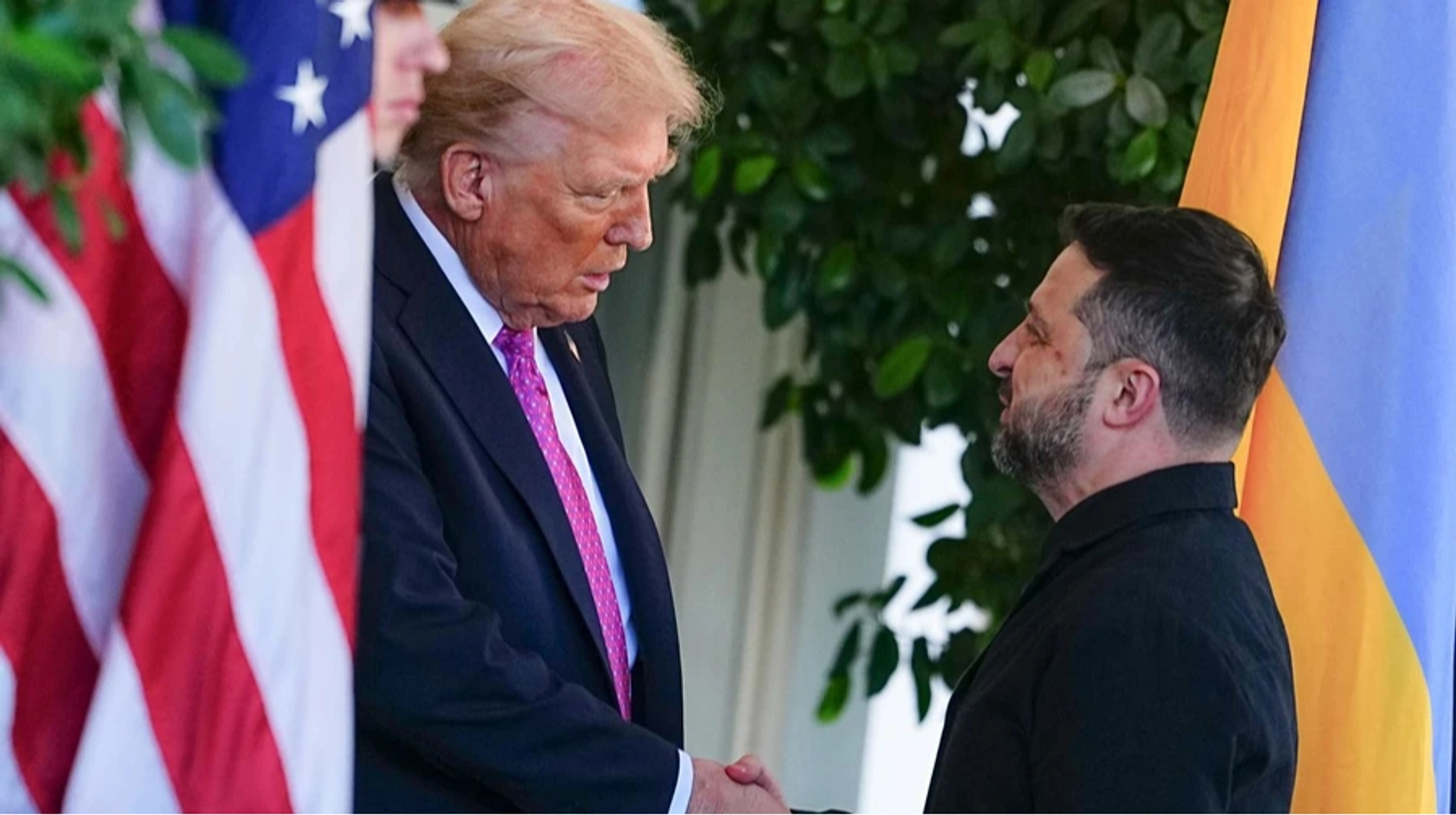After spending a few days at the White House meeting with the National Advisory Council on Indian Education, I flew directly from Washington, D.C., to Arizona. As I sat among distinguished tribal leaders and advocates at the Gila River Indian Community on Friday, Oct. 25, I witnessed a moment that generations of Native Americans have long awaited. President Joe Biden delivered a formal apology on behalf of the United States for the devastating legacy of Indian boarding schools – a system that sought to erase our people, our culture and our languages for over 150 years.
“I formally apologize as president of the United States of America for what we did,” Biden said in strident remarks. “It’s long overdue.”
“The federal Indian boarding school policy, the pain it has caused, will always be a significant mark of shame, a blot on American history,” Biden said.
As both an academic leader and Payómkawichum and Tongva woman, my presence for this historic moment carried profound personal and professional significance. The presidential apology, following the U.S. Department of the Interior’s comprehensive investigation and “The Road to Healing” tour, represented more than just words – it marked a crucial step toward acknowledging the intergenerational trauma that continues to impact Native communities.
“For too long, this nation sought to silence the voices of generations of Native children, but now your voices are being heard,” Biden declared during the ceremony.
I’m the director of the California Indian Culture and Sovereignty Center, and these words resonated deeply with our ongoing mission to preserve and advance Native American culture, history and sovereignty.
One of the most meaningful aspects of the day was sitting alongside members of the National Native American Boarding School Healing Coalition, especially with a particular board member: Pauma-Yuima band of Luiseño Indians matriarch Juana Majel-Dixon, a longtime mentor and powerful force for Native American rights. Our connection spans years of advocacy work, including a memorable moment when, as she reminded me during the event, we participated in a crucial Violence Against Women Act (VAWA) call with then-Sen. Biden. Juana’s tireless work led to President Barack Obama giving her one of the pens used to sign the VAWA reauthorization – a pen that now holds a place of honor in our California Indian Culture and Sovereignty Center, serving as a daily reminder to our students about the power of activism and engagement.
While we appreciate President Biden’s apology, there is so much more that must be done. We hope Biden will follow up by effectuating meaningful and appropriate action throughout his administration. Even as Native people receive this first-time official apology from the commander in chief, the U.S. Army continues to refuse to fulfill repatriation requests, pursuant to the Native American Graves Protection and Repatriation Act, to return the remains of the children who died at one of the first and most notorious federal Indian boarding schools, the Carlisle Indian Industrial School.
';
Source link

